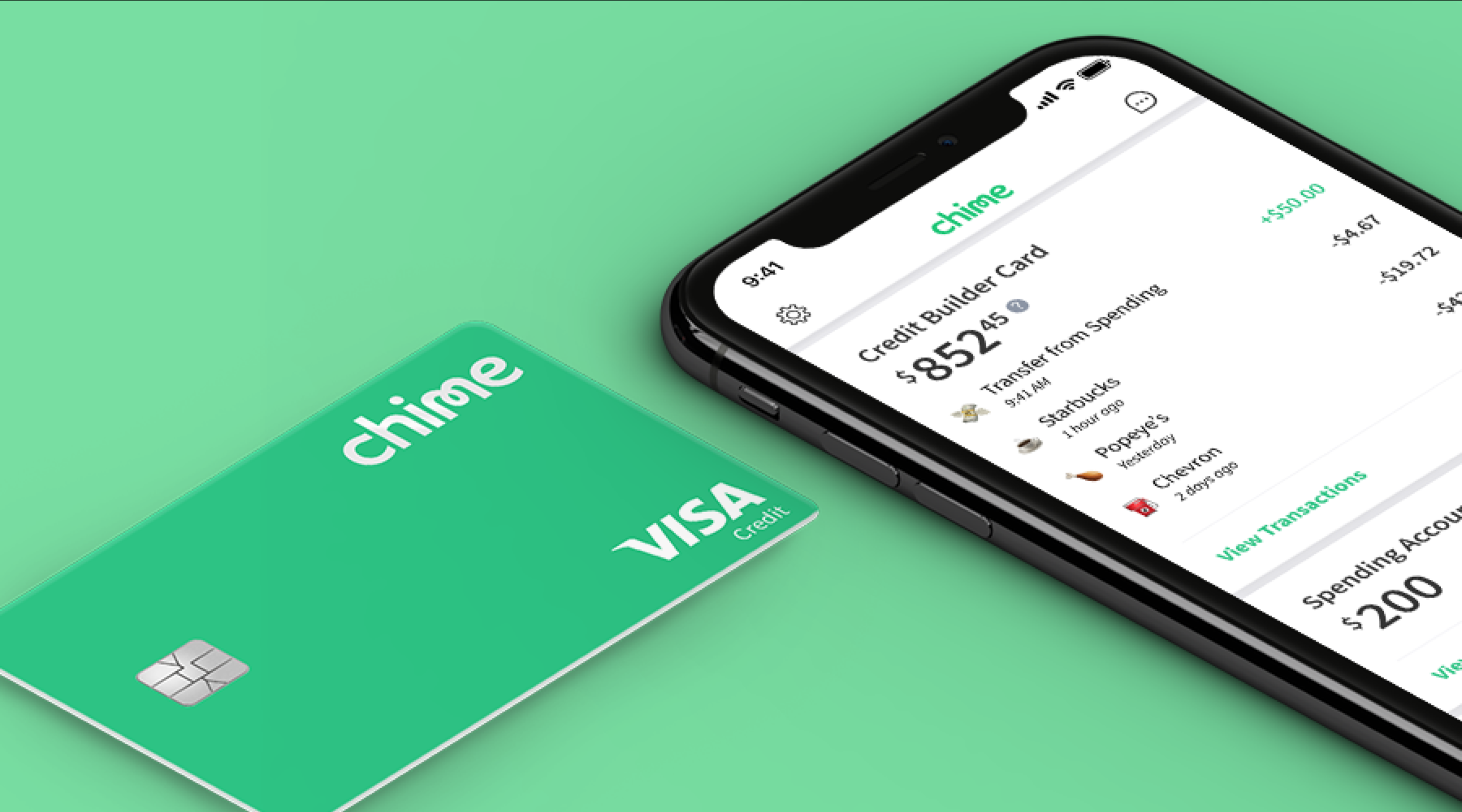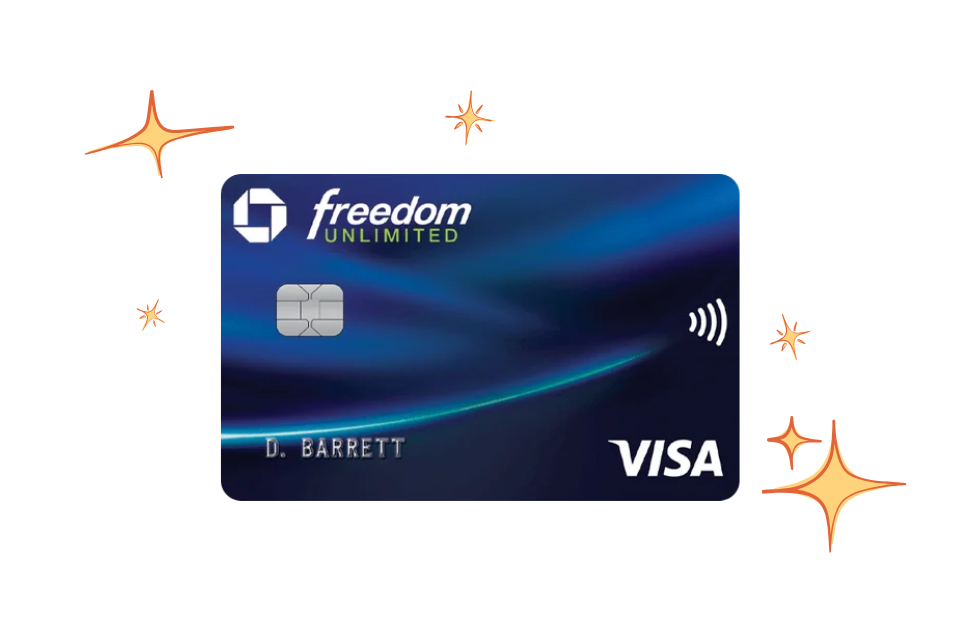The Pros and Cons of Using Credit Cards for Young Adults

The Path to Financial Independence
For many young adults, the journey into financial independence begins with obtaining a credit card. While credit cards can provide a pathway to building a solid credit history, they also come with their set of challenges. Navigating this financial tool wisely can lead to both positive and negative outcomes. Understanding these factors is essential for young adults striving to make informed financial choices.
Benefits of Responsible Credit Card Use
When used responsibly, credit cards offer several benefits that can significantly enhance an individual’s financial profile:
- Building Credit: Establishing a good credit score is essential for future loans and mortgages. A higher credit score can open doors to lower interest rates on loans, which translates to thousands saved over time. For instance, if you aim to buy a home, lenders will scrutinize your credit history to determine your reliability in repaying debts. A good credit card payment history can be a stepping stone to achieving that dream.
- Rewards Programs: Many cards offer cash back, travel points, or other incentives for purchases. For example, using a card that gives 2% cash back on groceries can be particularly beneficial for those who frequently shop, effectively allowing individuals to “save” through their regular spending. Additionally, travel-specific cards can offer free flights and hotel stays, creating memorable experiences without breaking the bank.
- Emergency Funds: Credit cards can serve as a financial cushion in unexpected situations. Whether it’s a sudden car repair or an unexpected medical bill, having a credit card allows for quick access to funds when they’re needed most. This can provide peace of mind, ensuring that emergencies won’t set back your financial goals.
Understanding the Drawbacks
However, there are also significant drawbacks to consider when diving into the world of credit cards:
- High Interest Rates: Carrying a balance can lead to overwhelming debt. Many credit cards in the United States have annual percentage rates (APRs) that may exceed 20%, which can quickly multiply your debt if not managed properly. This financial burden could hinder other aspects of your financial planning, such as saving for retirement or a home.
- Overspending Risks: The ease of access can encourage impulse purchases. With just a swipe, the excitement of new technology or a trendy outfit might outweigh practical spending considerations. Developing a budget that includes credit card expenditures can help mitigate this risk and encourage more conscious spending habits.
- Long-Term Consequences: Poor management can negatively impact credit scores, affecting future financial opportunities. A low credit score can lead to higher interest rates and difficulty in securing loans, which can significantly affect financial goals for years to come. It is crucial to remember that financial decisions today can have lasting impacts on your future.
Taking Control of Your Financial Destiny
Embracing the responsible use of credit cards not only prepares individuals for a brighter financial future but also empowers them to take control of their economic destinies. By recognizing the power of a credit card, young adults can learn to navigate its complexities with confidence, utilizing it as a tool for financial empowerment rather than as a source of stress. With discipline, financial education, and a commitment to responsible spending, the journey toward financial independence can be both rewarding and successful.
DISCOVER MORE: Click here to learn how to apply
Weighing the Financial Scale
Credit cards can be a double-edged sword for young adults eager to establish their financial futures. With the right knowledge and approach, they can become invaluable tools, but mismanagement can also lead to significant pitfalls. It’s crucial to examine both the advantages and disadvantages of credit card use, enabling young adults to make choices that align with their long-term financial aspirations.
Embracing the Benefits
Let’s explore the benefits of responsible credit card use, which can provide young adults with opportunities they may not have otherwise:
- Instant Access to Credit: Credit cards provide an immediate line of credit, giving young adults the ability to make necessary purchases without having the cash upfront. This can be particularly helpful for students or new workers who may not have a substantial income yet but still need to handle expenses like textbooks, bills, or even a work-appropriate wardrobe.
- Financial Flexibility: With a credit card, users can manage expenses that might otherwise disrupt their monthly budget. Being able to pay for something now and settle the balance later can help in maintaining cash flow. However, it’s essential to have a plan in place for paying off these balances to avoid falling into debt.
- Consumer Protections: Credit cards often come with built-in protections against fraud, making them safer than carrying cash. Many cards offer zero-liability policies that protect users from charges made without their consent. These safeguards can instill confidence when making purchases, providing reassurance about overall financial security.
Recognizing the Risks
Despite these benefits, it’s equally important to address the potential risks that accompany credit card usage:
- Debt Accumulation: The convenience of a credit card can easily lead to spending beyond one’s means. Young adults might find themselves accumulating balances that can spiral out of control if not monitored closely. Preventive measures, such as tracking expenses and setting limits, can help avoid falling into a debt trap.
- Credit Score Damage: Late payments or high credit utilization can negatively impact credit scores. For young adults looking to secure loans or mortgages in the future, a poor credit score can result in higher interest rates or even denial of credit. It’s critical to make timely payments and keep credit utilization below 30% for optimal credit health.
- Annual Fees and Hidden Charges: Some credit cards come with not only annual fees but also various hidden charges, such as late payment fees or foreign transaction fees. Young adults should thoroughly read the fine print and choose cards that align with their spending habits while minimizing unnecessary costs.
Understanding these advantages and disadvantages of credit card usage is essential for young adults seeking to navigate their financial journeys wisely. By embracing the benefits while being vigilant about the risks, individuals can craft a financial strategy that fosters growth and independence.
LEARN MORE: Click here to dive deeper
Navigating the Path to Responsible Use
As young adults step into the world of credit cards, they find themselves at a crossroads filled with fascinating opportunities and challenging obstacles. The ability to harness credit cards can empower them to shape their financial stories positively. However, it requires educating themselves and making informed decisions to navigate this path effectively. Let’s delve deeper into how young adults can manage their credit card usage wisely, steering clear of common pitfalls and embracing a future filled with financial success.
Building Financial Literacy
One of the most rewarding aspects of using credit cards is the potential for enhanced financial literacy. Understanding credit limits, interest rates, and the finer points of credit card agreements can transform a young adult’s financial habits. Taking the time to read educational resources, attending workshops, or even engaging in discussions about personal finance can empower them. The more knowledge they acquire, the better equipped they are to make prudent financial decisions that respect their budgets and aspirations.
The Power of Rewards and Cashback
Many credit cards offer alluring reward programs or cashback incentives. Young adults can leverage these offerings to their advantage by selecting cards that align with their spending habits. For instance, if a young adult frequently dines out or travels, they might consider cards that provide extra rewards for those categories. This not only makes everyday purchases more rewarding but can also help save money in the long run. Those engaging in sustainable consumption can find eco-friendly cards that support environmental causes, further aligning spending with values.
Establishing Personal Finance Habits
Using credit cards effectively can lay the groundwork for strong personal finance habits. By crafting a monthly budget that includes credit card payments, young adults can create a structure that promotes financial discipline. Tracking purchases, setting reminders for payment due dates, and even utilizing budgeting apps can make keeping tabs on finances easier. Making timely payments on credit cards establishes a habit that benefits credit scores, demonstrating to potential lenders a track record of responsibility and reliability.
Assessing the Right Type of Card
Making informed choices about the type of credit card to use is paramount. Young adults should be scrutinizing the different options available, including secured cards designed for those with no credit history or student cards specifically catering to college students’ needs. Understanding terms, fees, and rewards associated with each card can help them in selecting one that aligns with their financial goals while avoiding the temptation of cards laden with hidden costs.
The Importance of an Emergency Fund
While credit cards can cover unexpected expenses, building an emergency fund is a crucial aspect of financial stability. Young adults should aim to save enough to cover three to six months’ worth of living expenses in a separate account. This fund can serve as a buffer, ultimately reducing reliance on credit cards for emergencies. This proactive approach not only promotes financial security but helps young adults to remain disciplined in their credit card usage.
By fostering a deeper understanding of credit card dynamics, young adults can transform potential challenges into stepping stones towards financial empowerment. The journey to responsible credit card management is indeed a favorable venture that opens doors to growth, opportunity, and long-term financial well-being.
DISCOVER MORE: Click here for valuable budgeting tips
Conclusion: Embracing Financial Responsibility
In conclusion, young adults navigating the world of credit cards must strike a delicate balance between reaping the rewards and managing the responsibilities that come with them. The potential for improved financial literacy, the attraction of reward programs, and the opportunity to establish proactive personal finance habits are all compelling reasons to embrace credit cards with caution. However, it is essential to remain vigilant against the dangers of overspending, debt accumulation, and hidden fees that can quickly derail financial aspirations.
By prioritizing education, choosing the right type of card, and committing to building an emergency fund, young adults can pave the way for a healthier financial future. Recognizing that every transaction holds the power to shape their credit score and overall financial narrative is crucial. Embracing responsible usage not only secures personal finances but fosters a sense of independence and empowerment.
As young adults embark on this journey, they are encouraged to view credit cards not merely as a means of spending but as a valuable tool for growth and stability. With the right mindset and practices in place, they can transform challenges into triumphs, taking confident strides toward achieving their long-term financial goals. The path to success starts with informed choices today, leading to a future filled with opportunities and prosperity.



